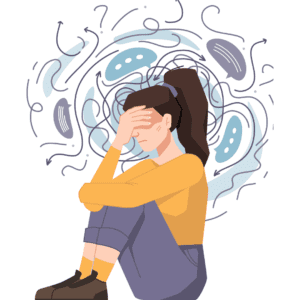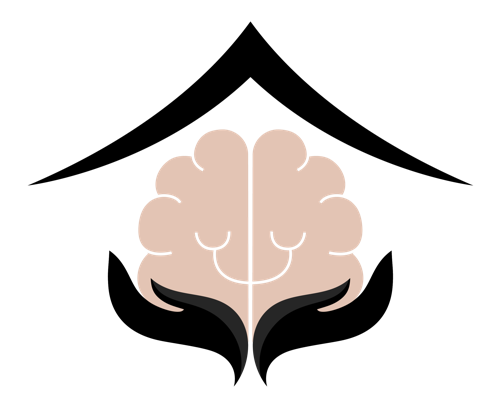
In the realm of mental health treatment, finding the right medication can feel like navigating a maze. For decades, Selective Serotonin Reuptake Inhibitors (SSRIs) have been the go-to option for treating anxiety and depression. However, the emergence of ketamine as a powerful alternative has sparked a transformative shift. At Safe Haven Health, we prescribe sublingual ketamine for its unique benefits. Let’s delve into how ketamine compares to SSRIs and why it might be the right choice for you.
The Basics: How They Work
SSRIs
SSRIs, such as Prozac (fluoxetine), Zoloft (sertraline), and Lexapro (escitalopram), work by increasing the levels of serotonin in the brain. Serotonin is a neurotransmitter often referred to as the “feel-good” chemical. By blocking the reabsorption (reuptake) of serotonin into neurons, SSRIs ensure that more serotonin is available to improve mood and reduce anxiety.
Ketamine
Ketamine, originally an anesthetic, has been repurposed for mental health treatment due to its rapid and robust effects on mood disorders. Unlike SSRIs, ketamine primarily targets the NMDA receptors in the brain, enhancing glutamate production. This action promotes neural connectivity and synaptic plasticity, which are crucial for mood regulation. At Safe Haven Health, we focus on oral and sublingual ketamine, which offers a convenient and effective route of administration.
Speed of Action
One of the most significant differences between SSRIs and ketamine is the speed at which they work:
- SSRIs: Typically, it takes several weeks (4-6 weeks on average) for SSRIs to build up in the system and produce noticeable improvements in mood and anxiety levels.
- Ketamine: Ketamine can bring relief within hours or days. This rapid action makes it an excellent option for individuals in acute distress or those who have not responded to traditional treatments.
Efficacy in Treatment-Resistant Cases
SSRIs
While effective for many, SSRIs don’t work for everyone. Approximately 30-50% of individuals with depression do not achieve remission with SSRIs alone. In cases of treatment-resistant depression (TRD), the quest for effective relief can be frustrating and prolonged.
Ketamine
Ketamine has shown remarkable efficacy in individuals with TRD. Research indicates that ketamine can produce significant improvements even in those who have not responded to multiple traditional antidepressants. Its ability to rapidly alleviate symptoms of depression and anxiety provides a lifeline for many.
Side Effects and Tolerability
SSRIs
Common side effects of SSRIs include:
- Nausea
- Insomnia
- Sexual dysfunction
- Weight gain
These side effects can be troublesome and may lead some individuals to discontinue treatment.
Ketamine
Ketamine’s side effects are generally mild and transient. They may include:
- Dizziness
- Nausea
- Mild dissociation
These effects typically subside shortly after the session, and the risk of long-term side effects is low. At Safe Haven Health, we ensure that ketamine is administered in a safe and controlled environment, minimizing any potential discomfort.
Administration and Convenience
SSRIs
SSRIs are taken daily in pill form. Consistent daily dosing is crucial for maintaining therapeutic levels in the body.
Ketamine
At Safe Haven Health, we offer sublingual ketamine, which can be administered at home. This flexibility allows for a more personalized and convenient treatment experience. Sublingual ketamine also provides a gentle and controlled onset of effects, making it accessible and manageable for most patients.
Long-Term Benefits
SSRIs
Long-term use of SSRIs can be beneficial for preventing relapse of depression and anxiety. However, discontinuation can lead to withdrawal symptoms and a potential relapse of symptoms.
Ketamine
Ketamine offers long-lasting relief with fewer doses. Maintenance treatments can be spaced out, reducing the burden of daily medication. Moreover, ketamine’s unique mechanism can lead to lasting changes in brain function, providing enduring benefits even after treatment has ceased.
Conclusion
Choosing between ketamine and SSRIs for treating anxiety and depression involves considering various factors, including the speed of relief, efficacy, side effects, and convenience. If you are exploring options for managing anxiety and depression, we are here to guide you toward the best path for your mental health journey.



